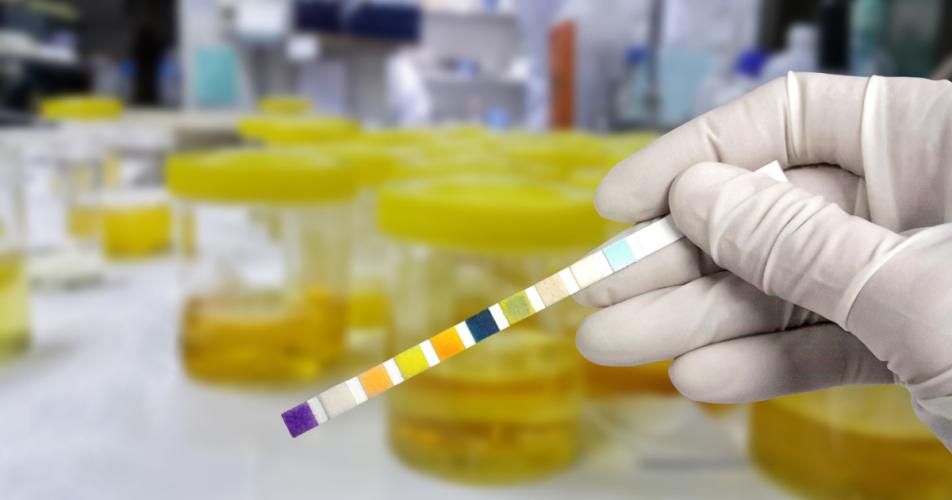Pharmacy pilot fails to keep UTI patients out of EDs
The number of patients presenting to Queensland emergency departments with UTIs has increased, not dropped, since pharmacists were allowed to diagnose and sell antibiotics for urinary tract infections.

New figures show the number of urinary tract infection (UTI) cases presenting at emergency departments has blown out since pharmacists have been allowed to autonomously diagnose and prescribe UTI treatments in Queensland.
Health Minister Shannon Fentiman released figures about ED presentations across Queensland’s 16 Hospital and Health Services (HHSs) showing 36,911 ED presentations between 2022 and April 2023 were due to UTIs.
This is up from 24,620 in 2020, the year pharmacists were first allowed to diagnose and sell antibiotics to patients without undertaking a basic urine test or seeking any medical oversight.
“Urinary tract infections are serious and hard to diagnose, particularly in men and aged care residents, who make up the majority of UTI presentations at EDs,” AMA Queensland President Dr Maria Boulton said.
“The Minister’s own figures show the UTI pharmacy prescribing pilot has not reduced the number of presentations to EDs. In fact, UTI presentations have increased since the flawed pilot began.
“This is not a criticism of our hardworking pharmacist colleagues, who we work with every day to get the best outcomes for our patients. It is a criticism of short-term, short-sighted political band-aids that will not resolve our health workforce shortages.
“We continue to call on all levels of government and all sides of politics to work together to recruit, train and retain our own healthcare workforce, and to scrap dangerous experiments with patient health.”
Background:
- The Urinary Tract Infection Pharmacy Pilot – Queensland (UTIPP-Q) began in 2020, allowing pharmacists to diagnose and sell antibiotics for UTIs after a brief online training course.
- There was no mechanism for the 6,751 women who took part in the trial to report adverse outcomes, other than directly to the pharmacist.
- AMA Queensland surveyed more than 1,300 doctors across the state in 2022 and found 240 cases where doctors had to treat patients who experienced complications as a result of participating in the pilot.
- The most common misdiagnosis was having a sexually transmitted infection rather than UTI.
- At least six pregnant patients were misdiagnosed and sold antibiotics that are unsafe in the first 12 weeks of pregnancy, including one with a potentially life-threatening ectopic pregnancy.
- The UTIPP-Q evaluation, carried out by QUT, found clinical protocols were not followed and one in two participating pharmacists said they would have found it difficult to not sell antibiotics after charging patients the $20 consultation fee.
- The planned North Queensland Scope of Practice Pilot, allowing pharmacists to diagnose and sell medications for 23 serious conditions, starts next year and has been expanded to the entire state with no consultation.
- More details about these pilots can be accessed here



